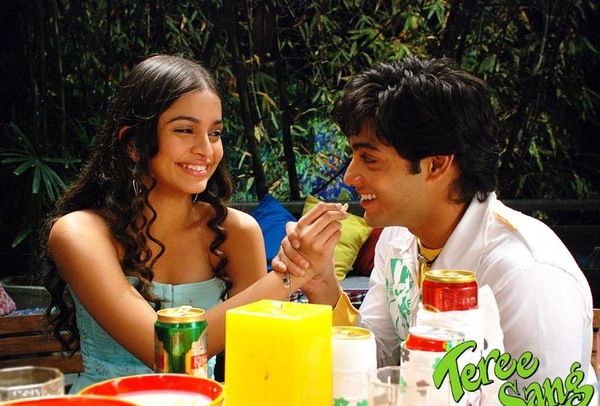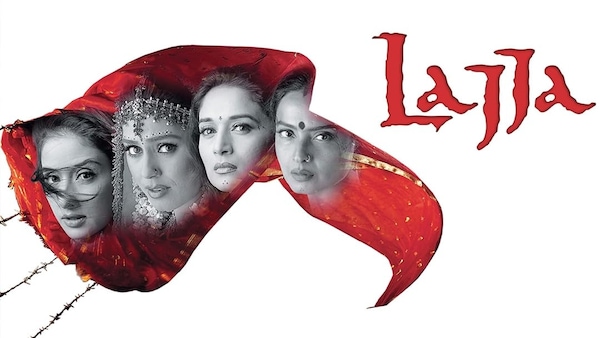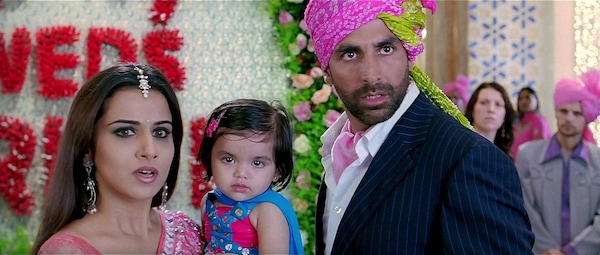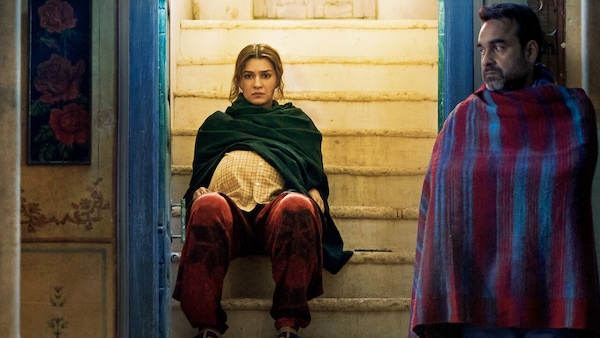25 years of Kya Kehna: How Bollywood confronted premarital pregnancy on screen
Marking 25 years of Kya Kehna, we revisit how Bollywood has tackled premarital pregnancy on screen—challenging stigma, spotlighting single motherhood, and reflecting changing social views.

Kya Kehna
Last Updated: 12.38 PM, May 19, 2025
Twenty-five years ago, a subtle shift occurred in Bollywood. The film Kya Kehna was directed by Kundan Shah and released on May 19, 2000. It featured Preity Zinta, Saif Ali Khan, and Chandrachur Singh. The film, which embraced parenting outside of marriage, featured an emotionally packed plot centred around a young woman with a fresh face and was considered daring for its time. It shook things up by making a commercial film about a taboo topic (premarital pregnancy).
In celebration of Kya Kehna's silver anniversary, we take a look back at the many ways Bollywood has used film to discuss and confront the stigmatisation of premarital pregnancy throughout the years, as well as to reflect on changing social attitudes.

Priya, played by Preity Zinta, is a college student who chooses to keep her kid despite her lover's abandonment. The portrayal was groundbreaking and compelling. Many people related to the film's moral issue and its compassionate camerawork. It sparked discussions about the challenges of being a single mother and the gender bias that women encounter.
Julie (1975) - YouTube

An earlier effort at dealing with premarital pregnancy, Julie starred Lakshmi as a girl of Anglo-Indian descent who becomes pregnant after falling in love with a boy of Hindu descent. Offering an uncommon and daring tale for the '70s, the film dealt with interfaith romance as well as the shame associated with unwed childbirth.
Salaam Namaste (2005) - Prime Video

The romantic comedy centred on a live-in couple dealing with an unexpected pregnancy; the movie was set in Australia and starred Preity Zinta and Saif Ali Khan. The film's contemporary setting and carefree tone made it stand out—normalizing love relationships outside of marriage.
Teree Sang (2009)

Teree Sang highlighted the plight of teenage mothers who face insurmountable obstacles as they raise a kid they unexpectedly became pregnant with. Parental duty, peer pressure, and the weight of one's own decisions at a young age were all themes that the film alludes to.
Paa (2009)

Subtly addressing the issue of premarital conception, the novel focusses on a child with a unique genetic condition. The character played by Vidya Balan is a strong advocate for women's rights and autonomy; she decides to raise her child alone rather than marry the father.
Lajja (2001) - Prime Video & JioHotstar

A subplot in Lajja with a pregnant woman (Madhuri Dixit-Nene) who experiences rejection and assault is one of the film's strong female storylines. In its many stories, the film highlights the pervasive patriarchy in Indian culture.

The storyline of Heyy Babyy centres on three single men whose lives take a drastic turn when a baby unexpectedly arrives at their doorstep. However, a story about unwed pregnancy and subsequent abandonment forms its emotional centre. After her relationship with Arush (Akshay Kumar) ends, Vidya Balan's character, Isha, becomes a mother outside of marriage. Subtly but significantly, the film makes a statement on how women are frequently made to shoulder the burden of broken relationships through its exploration of issues like forgiveness, social criticism, and responsibility.

This film explored surrogacy and the public's perception of a pregnant lady living alone; it premiered on ZEE5 (OTTplay Premium). Even if the setting is different, pregnant women who are not married experience quite similar social scrutiny.
Mimi (2021) - Netflix

Mimi examined surrogacy and how society views parenting outside of marriage, starring Kriti Sanon as a surrogate mother. Again demonstrating the power of single motherhood, Mimi chooses to raise the kid on her own once the adoptive parents leave.
Subscribe to our newsletter for top content, delivered fast.
